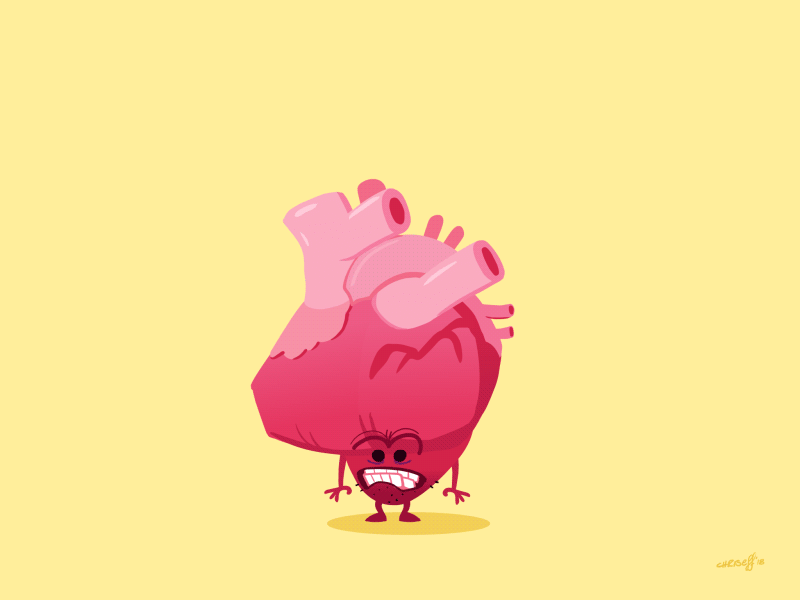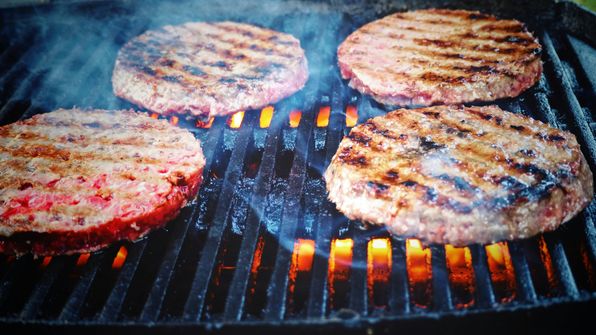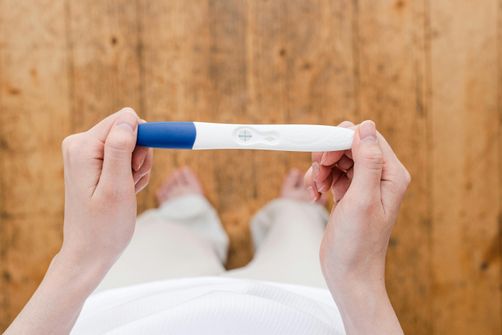
Social Success on the Carnivore Diet: Tips for Staying Committed at Gatherings and Restaurants
Social gatherings often mean a spread of carb-heavy foods and tempting desserts that can make sticking to the carnivore diet feel tricky. But with a b...

If you’re reading this, chances are you’re navigating the journey of recovery after a heart attack. First, take a deep breath—you’ve got this! And guess what? What you eat can be a game-changer in your recovery and in keeping your heart healthy.
Let’s dive into some of the best diets for women after a heart attack in 2024 that are not just nutritious but also delicious and easy to follow.

The Ornish Diet isn’t just about what you eat; it’s a whole lifestyle approach to healing your heart. Created by Dr. Dean Ornish, this diet is low in fat and emphasizes plant-based foods like fruits, vegetables, whole grains, and legumes. It’s all about loving your heart with every bite!
Why It Works: Studies have shown that the Ornish Diet can help reverse heart disease. A research study found that participants who followed the Ornish Diet for a year showed a 37% reduction in LDL cholesterol (that’s the bad one!) and improved heart function. By focusing on low-fat, whole foods, the diet helps reduce the risk of another heart attack.
Fun Tip: Make your meals colorful by filling half your plate with a variety of veggies—think bell peppers, spinach, and carrots. The more colors, the more nutrients!
Inspired by the traditional eating habits of Nordic countries, the Nordic Diet is all about whole grains, fatty fish, root vegetables, and berries. It’s like a Scandinavian adventure on your plate, and your heart will thank you for it!
Why It Works: The Nordic Diet is rich in omega-3 fatty acids from fish like salmon and mackerel, which are fantastic for heart health. A study published in The Diabetologia found that the Nordic Diet can reduce cholesterol levels and lower blood pressure, both critical for heart health after a heart attack.
Nordic Nibble: Try swapping out your regular breakfast for oatmeal topped with berries and a sprinkle of nuts. It’s a delicious way to start your day and boost your heart health!
The TLC Diet, developed by the National Institutes of Health, is all about lowering cholesterol to reduce the risk of heart disease. It emphasizes lean meats, low-fat dairy, whole grains, fruits, and vegetables.
Why It Works: By focusing on foods that are low in saturated fats and cholesterol, the TLC Diet helps to manage cholesterol levels effectively. The United States Department of Health and Human Services recommends the TLC Diet for its proven ability to lower LDL cholesterol by 8-10% in just six weeks.
Easy Swap: Replace your usual snacks with fresh fruits or a handful of almonds. Simple changes can make a big difference in your heart health!

If going fully vegetarian feels like a stretch, the Flexitarian Diet might be just what the doctor ordered. It’s a flexible approach to eating that focuses on plant-based foods while still allowing for occasional meat and fish.
Why It Works: The Flexitarian Diet reduces the intake of red and processed meats, which are linked to higher risks of heart disease, while still providing the flexibility to enjoy a variety of foods. Studies show that people who follow a Flexitarian Diet have a lower risk of heart disease, with a 22% reduction in the risk of cardiovascular death.
Flex It: Try having meat-free days a couple of times a week. Fill your plate with beans, lentils, and a rainbow of veggies for a heart-healthy, satisfying meal.
A: Absolutely! Following a heart-healthy diet is crucial for recovery after a heart attack. Diets rich in fruits, vegetables, whole grains, and lean proteins can help lower blood pressure, reduce cholesterol levels, and improve overall heart health, reducing the risk of another heart attack.
A: The Portfolio Diet is designed to lower cholesterol levels by including specific foods like nuts, oats, soy protein, and plant sterols. For women recovering from a heart attack, this diet can significantly reduce LDL cholesterol (the “bad” cholesterol) and lower the risk of heart disease recurrence.
A: Women should avoid diets high in saturated fats, trans fats, and added sugars, as these can increase cholesterol levels and blood pressure. It’s best to steer clear of fad diets that promise quick weight loss but lack nutritional balance, as they can strain the heart.
A: intermittent fasting may have benefits, but it’s essential for women recovering from a heart attack to approach it cautiously. Some studies suggest it can improve heart health by reducing inflammation and insulin resistance, but fasting should be done under medical supervision to ensure it’s safe for your specific condition.
A: Reducing sodium intake is vital because high sodium levels can raise blood pressure, putting additional strain on the heart. Lowering sodium helps manage blood pressure and reduces the risk of heart failure and stroke, which is especially important for women after a heart attack.
A: Healthy fats, like those found in avocados, nuts, and olive oil, are essential for heart health. They help reduce bad cholesterol levels and provide anti-inflammatory benefits, supporting overall cardiovascular health and aiding in recovery after a heart attack. Women should focus on incorporating these fats while limiting saturated and trans fats.
Recovering from a heart attack is a journey, and what you eat can play a massive role in your healing process. Whether you’re diving into the plant-based goodness of the Ornish Diet, embracing the wholesome flavors of the Nordic Diet, or enjoying the flexibility of the Flexitarian Diet, each meal is an opportunity to nourish your body and protect your heart.
Remember, eating well after a heart attack isn’t about deprivation—it’s about embracing foods that make you feel vibrant and alive. Here’s to a delicious and heart-healthy 2024!

Social gatherings often mean a spread of carb-heavy foods and tempting desserts that can make sticking to the carnivore diet feel tricky. But with a b...

The carnivore diet is often seen as straightforward: eat meat, keep it simple. But adapting it seasonally can bring freshness, variety, and local flav...

The carnivore diet has become increasingly popular, but like any extreme dietary approach, it raises important questions—especially for women concerne...

The carnivore diet has gained attention globally, but women’s experiences and cultural approaches to animal-based eating vary widely depending on wher...

Living with Chronic Obstructive Pulmonary Disease (COPD) can make everyday activities feel like a marathon, especially for women who are juggling heal...